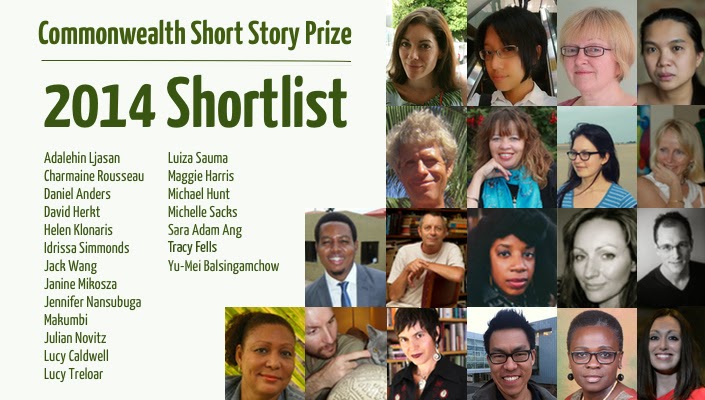We all know that conflict is the basis for most plots.
 This post is about character development. So, what does conflict have to do with character development? Easy. Conflict can show the reader a lot about a character. Conflict often leads to tension. And tension is another great way for the reader to learn about a character.
This post is about character development. So, what does conflict have to do with character development? Easy. Conflict can show the reader a lot about a character. Conflict often leads to tension. And tension is another great way for the reader to learn about a character.You’ve probably heard the advice to have conflict on every page. That’s good advice. How do you do that? Here’s an example.
“You sound different?
“No, I don’t.”
There’s conflict in six words. How much conflict? As much as you want. Suppose the first person pursues it. It could get nasty. Or, the second person could say she just has an allergy. End of conflict.
What if the first speaker, a woman, has never met the second speaker, a man. She’s talked to him on the telephone a number of times. But this does not sound like the man she’s been talking to. This could be a big problem, and a major conflict. All started from six words. How this plays out can show the reader a good bit about these two characters.
Ann says, “That was really a good movie.”
Jill responds, “It was terrible, probably the worst movie I’ve seen all year.”
We have a conflict between Ann and Jill. How much? As much as you want or need. Here is an excellent opportunity to show the reader a bit about these two characters. Does Ann drop it? Or does she push forward. “The acting was superb and the plot was excellent. How can you say it was terrible?” We can establish whether Ann sticks to her opinions or is easily swayed. Is Jill pushy? Is either one of them ready to give in or fight?
How does Ashley handle it when the person she’s talking to trashes Ashley’s friends?
What is Ethan’s reaction when someone cuts in front of him in a line? What if he is in a car and someone cuts him off?
Tension can tell us a lot about a character. Here’s an example of tension between two friends.
“What did that man say to you?”
“Nothing. Don’t worry about it.”
“He seemed to upset you. What did he say?”
“Drop it.”
This probably is not a conflict between two friends, but there is tension. How much? As much as you want. Depending on what comes next, the reader can learn a lot about the character of these two friends.
The tension could be within one person.
“Who was that guy?”
“He’s the man who tried to destroy my life.” Sandra closed her eyes and tried to quiet her nerves. “I know he’s going to try again.”
Clearly, we are learning about Sandra. How she deals with this tension will help define her.
 So, use conflict and tension to help develop the character. One of the best aspects of using this approach is that you are definitely showing not telling. You are presenting a scene and letting the reader see how the character reacts, thus helping define the character.
So, use conflict and tension to help develop the character. One of the best aspects of using this approach is that you are definitely showing not telling. You are presenting a scene and letting the reader see how the character reacts, thus helping define the character.In my mystery Cleansed by Fire, there are numerous conflicts between my protagonist, Fr. Frank, and the detective investigating the fires. Those help define both Fr. Frank and the detective.
Remember, major conflict is the plot. But minor conflicts and tension are great ways to show the reader who your characters really are.






